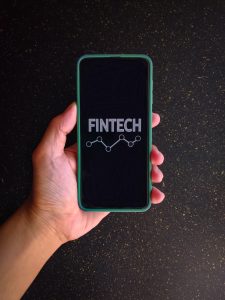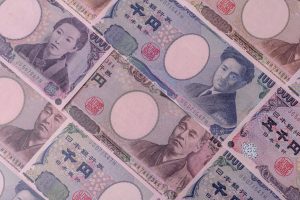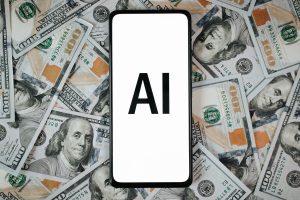The Trump administration has granted a significant exemption from its sweeping global and China-specific tariffs, sparing smartphones, laptops, and other critical electronics in a move welcomed by consumers and major tech firms including Apple and Nvidia. The decision, though partial, marks a rare softening in the administration’s escalating trade conflict with China.
Major Tech Products Excluded From Tariff List
As reported by U.S. Customs and Border Protection, the exemptions apply to a broad range of high-demand technology items: smartphones, laptops, hard drives, memory chips, processors, and flat-screen displays. These products are largely manufactured overseas—especially in China—and were previously at risk of price hikes due to the 125% tariff on Chinese goods and a 10% global base tariff implemented by the Trump administration.
The policy change, retroactive to April 5, was announced late Friday and is expected to shield nearly $390 billion worth of imports, including $101 billion from China alone. Of that, smartphones accounted for $41 billion and computers for over $36 billion in 2024, based on trade data.
A Win for Consumers and Big Tech
For companies like Apple, which rely on intricate overseas supply chains, the exemptions offer temporary but critical relief. The same is true for Nvidia and other semiconductor players affected by rising component costs. The announcement comes after several tech giants made sizable investment pledges in the U.S., which some view as a calculated play to gain favor amid shifting trade dynamics.
Consumers, too, are spared immediate sticker shock, especially those in the market for new phones and computers. Reports suggested an uptick in tech purchases in anticipation of higher prices—concerns now temporarily alleviated.
A Partial Reprieve in a Broader Trade War
While tech has been spared, many other Chinese imports still face heavy U.S. tariffs, including a range of industrial and consumer goods. According to Gerard DiPippo of the Rand China Research Center, the exemptions address only a narrow segment of trade, covering about 22% of all U.S. imports from China in 2024.
“This is a large hole in the U.S. tariff wall that will spare key firms like Apple,” DiPippo noted, “but many other categories remain burdened by high costs.”
The move signals the first tangible de-escalation in Trump’s trade standoff with China, which has roiled markets, shaken investor confidence, and triggered a series of retaliatory economic measures across the globe.







